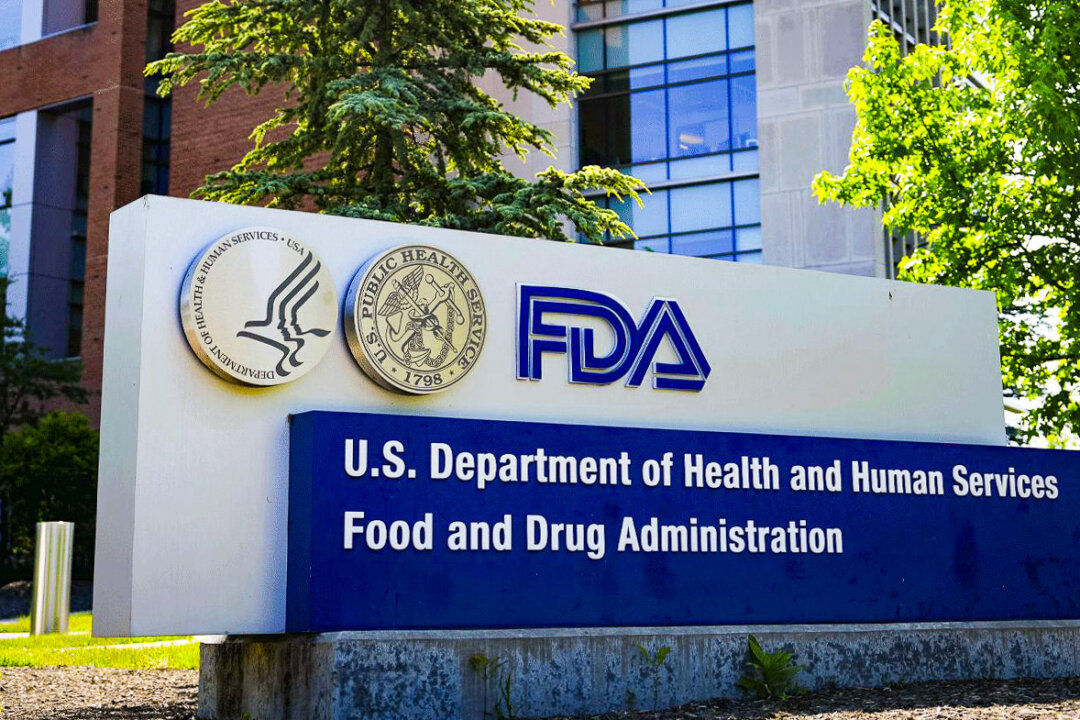A U.S. Food and Drug Administration (FDA) expert panel on Tuesday voted against recommending midomafetamine (MDMA), commonly known as ecstasy, for the treatment of post-traumatic stress disorder (PTSD), citing concerns over clinical trial data, selection bias, and drug safety.
Do the available data show that the drug is effective in patients with post-traumatic stress disorder? Do the benefits of midomafetamine with FDA’s proposed risk evaluation and mitigation strategy (REMS) outweigh its risks for the treatment of patients with PTSD? On voting question number one, two members voted in favor of the drug’s data on effectiveness for PTSD, while nine members voted against it. Functional blinding, selection bias, lack of diversity, and the lack of management of expectation bias were significant factors in the vote. “I do think there is potential for this, but based on selection bias [and] functional unblinding, it just didn’t feel right, and the potential for some misconduct and manipulating the trial results,” said global drug safety advocate Kim Witczak.

On the second voting question, 10 members voted against MDMA’s safety, and one member voted in favor of the drug. The treatment is designed to be administered in three doses given at least three weeks apart in supervised treatment sessions with a licensed mental health provider over a four-month course of treatment. Each session would coincide with psychological interventions, and patients would be monitored for 8 .























